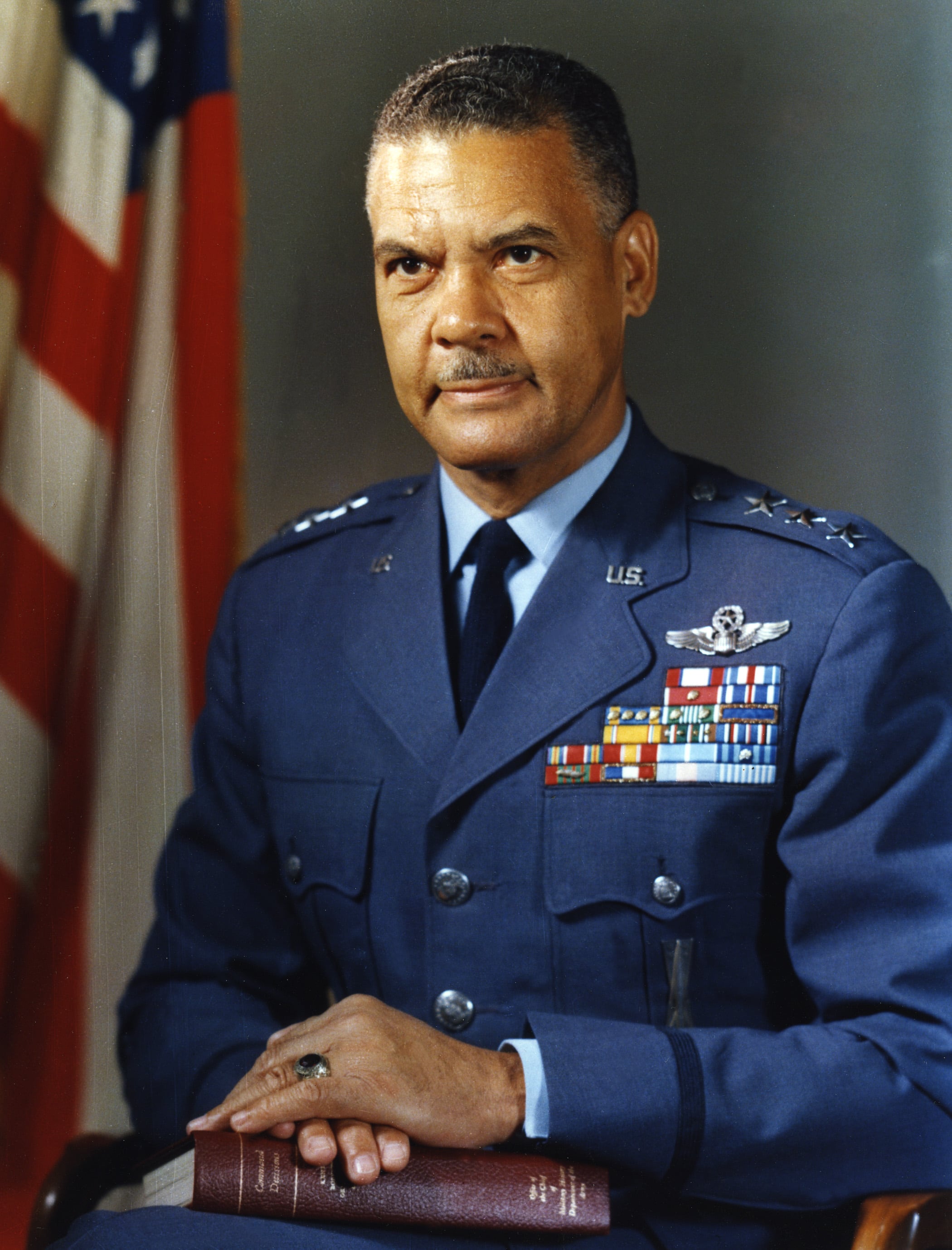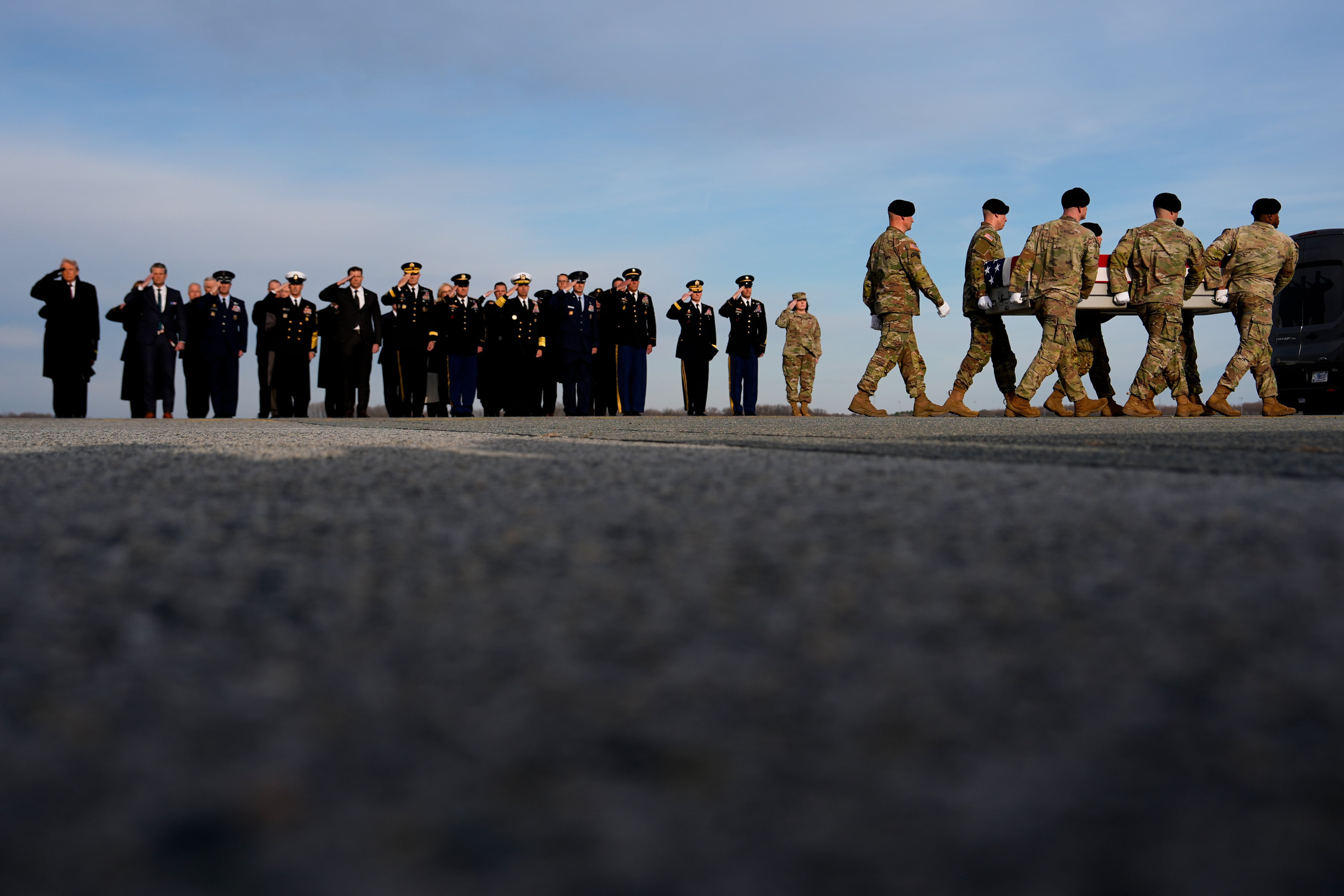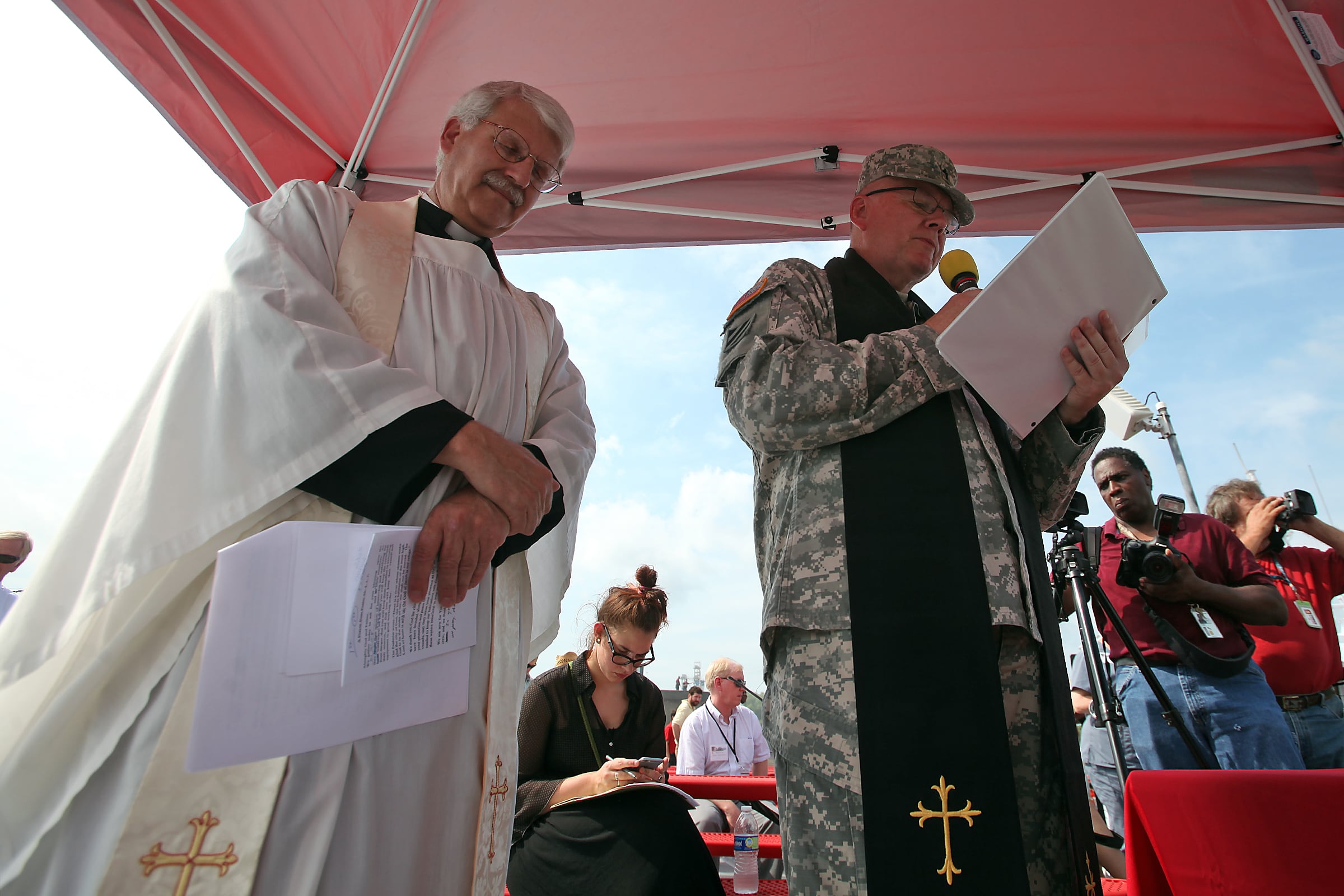The building will bear the name of Benjamin O. Davis Jr., the Air Force's first black general and a member of Class of 1936, the school announced Monday. Davis, the fourth black graduate from the school and the first in the 20th century, was shunned by the West Point community during his time on campus, with no roommates and no interactions outside official business.
![635618614043242111-Davis-1[ID=70289126] ID=70289126](http://www.gannett-cdn.com/-mm-/576c3c00401a5d231bf9f8b72e6aaad36378aaee/c=0-172-397-471&r=115x86/local/-/media/2015/03/13/GGM/ArmyTimes/635618614043242111-Davis-1.jpg) "Living as a prisoner in solitary confinement for four years had not destroyed my personality, nor poisoned my attitude toward other people," he would write in his autobiography, according to his New York Times obituary from 2002.
"Living as a prisoner in solitary confinement for four years had not destroyed my personality, nor poisoned my attitude toward other people," he would write in his autobiography, according to his New York Times obituary from 2002.
When he graduated, Davis became the second of the Army's two black line officers, according to his obituary — the first was his father, who became the service's first black general in the early 1940s.
The honor will "pay tribute to his demonstrated acts of perseverance, courage and humility throughout a lifetime of selfless service to the nation," Lt. Gen. Robert Caslen, the academy's superintendent, said of the younger Davis in a news release issued on the 213th anniversary of the academy's founding.
Five years after earning his Army commission, Davis entered pre-flight training at Alabama's Tuskegee Institute as part of the first class of black aviation cadets. He would be one of five cadets to graduate from advanced flight training in 1942 and rose to command the all-black 99th Fighter Squadron, stationed at Tuskegee Army Air Base.

An artist's rendition of the West Point barracks now under construction that will be named in honor of Air Force Gen. Benjamin O. Davis Jr.
Photo Credit: Army illustration
He led the unit in missions over North Africa and Europe during World War II, then returned stateside to take command of 332nd Fighter Group, returning to the theater with that segregated unit and escorting bombers over Germany in the war's closing years.
Davis helped the newly created Air Force with integration efforts in the late 1940s and would go on to command the Korea-based 51st Fighter-Interceptor Wing in the early 1950s. He earned a temporary promotion to brigadier general in 1954, according to his Air Force biography — a move made permanent six years later.
His final promotion would come 28 years after his retirement at a 1998 White House ceremony. With many fellow Tuskegee Airmen in attendance, he accepted his fourth star from President Clinton.
"He earned this honor a long time ago," Clinton said of Davis, calling him "a hero in war, a leader in peace, a pioneer for freedom, opportunity and basic human dignity."
Plans call for the six-floor barracks, which will house 650 cadets, to be completed in late 2016.

An artist's rendition of the West Point barracks now under construction that will be named in honor of Air Force Gen. Benjamin O. Davis Jr.
Photo Credit: Army
Kevin Lilley is the features editor of Military Times.





